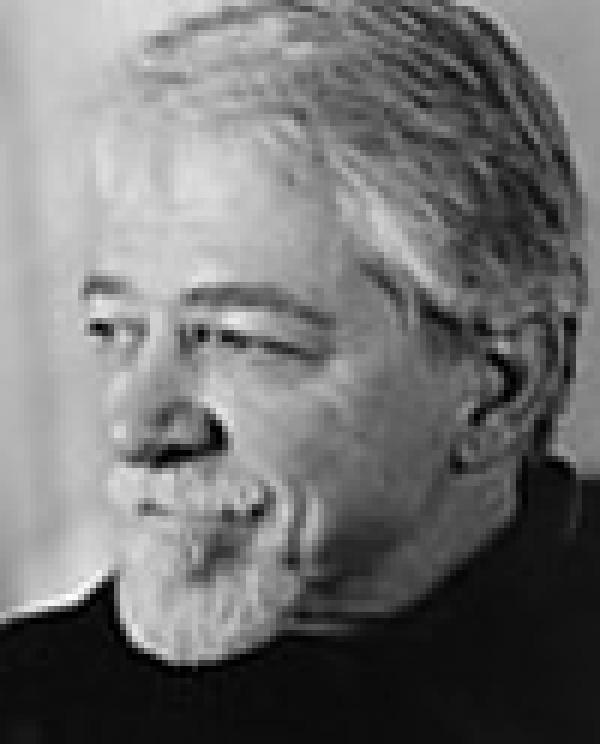B.H. Fairchild

Bio
B.H. Fairchild was born in Houston, Texas, and grew up there and in small towns in Oklahoma, west Texas, and southwest Kansas. He is the author of Such Holy Song, a study of William Blake, as well as four books of poems, and
has been the recipient of various awards and prizes, including Guggenheim and Rockefeller Fellowships, the National Book Critics Circle Award, and the Bobbitt Prize from the Library of Congress. The Sewanee Review recently honored him with the Aiken Taylor Prize for the body of his work.
Photo by Joanna E. Morrissey
Author's Statement
It's very simple: without an NEA Fellowship in 1989-90, I would not have been able to complete my second book, Local Knowledge, nor have had the necessary time to compose the core poems for The Art of the Lathe, my third book, which, I am proud to say, received the Kingsley Tufts Award and was a finalist for the National Book Award, thus bringing my work to a wider audience than the immediate members of my family and also, therefore, making future work possible. My current NEA Fellowship is allowing me time to complete the core poems (a trilogy of long poems requiring much research as well as writing) for my next book, tentatively titled, "A Story" and Other Poems. These days asmuch as ever in the past the writer's greatest challenge may well be--given the demands of financial necessity, family, community, and national political horrors--the struggle to locate the sustained periods of time and concentration
essential to good--and, ideally, great--writing. A nation is impoverished in immeasurable and practically invisible ways when not receiving breaking news from the imaginations of its writers. And so it needs the NEA as much as, if
not more desperately than, the poet or novelist stretched to breaking point between the exactions of world and work. I am deeply grateful to the NEA; may it grow and prosper.
A Starlit Night
All over America at this hour men are standing
by an open closet door, slacks slung over one arm,
staring at wire hangers, thinking of taxes
or a broken faucet or their first sex: the smell
of back-seat Naugahyde, the hush of a maize field
like breathing, the stars rushing, rushing away.
And a woman lies in an unmade bed watching
the man she has known twenty-one, no,
could it be? twenty-two years, and she is listening
to the polonaise climbing up through radio static
from the kitchen where dishes are piled
and the linoleum floor is a great, gray sea.
It's the A-flat polonaise she practiced endlessly,
never quite getting it right, though her father,
calling from the darkened TV room, always said,
"Beautiful, kiddo!" and the moon would slide across
the lacquered piano top as if it were something
that lived underwater, something from far below.
They both came from houses with photographs,
the smell of camphor in closets, board games
with missing pieces, sunburst clocks in the kitchen
that made them, each morning, a little sad.
They didn't know what they wanted, every night,
every starlit night of their lives, and now they have it.

